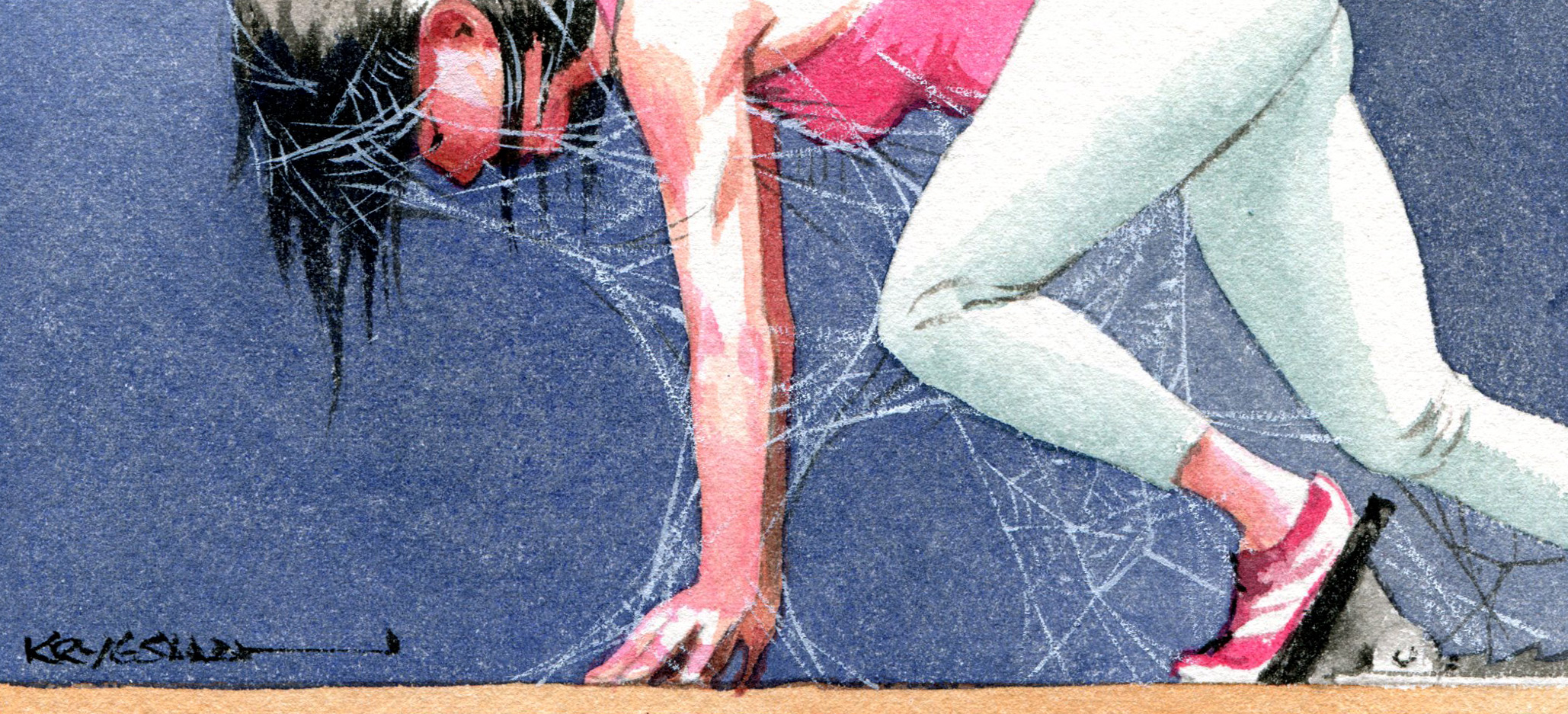
Illustration: Sturt Krygsman
IT’S that time of year again when we make resolutions, and each year I make the same one: to stop my chronic procrastination. An estimated 20 per cent of people do it constantly. And it’s been proven to have an adverse effect on health and certainly the hip pocket.
I’m a queen offender. But not as bad as a speaker I heard who started his habit at school. He was always going to do his homework before dinner, then after dinner, then 6am before school, which meant never. Being caned at school regularly didn’t worry him. “It was two minutes of pain versus hours of suffering.”
But there are ways out, according to global psychologist, leadership consultant and EQ (emotional intelligence) expert Martyn Newman. The primary one is: Don’t ask yourself if you want to do it, or feel like going to the gym or doing your tax. The answer is always no. It’s too cold, too hot, you’re too tired. But moods shouldn’t affect us. We should ignore our resistant thoughts like they were naughty children or rather gently guide them inside after dark.
Establishing a routine is important. The point is to not expect doing chores to be inspirational; rather, set up a time and method that becomes habit. Newman says: “Just begin it.” Once you start you will want to see the task through. Energy comes from focus. “Don’t make it a struggle of will.”
Finding group support makes doing tasks easier. And motivate yourself by committing in front of someone you respect.
It’s very important to set an intention and prepare the mind at the start of each day. Think: “What three things can I do today to have a productive day?” he says. And don’t set yourself up for failure by taking on too much and becoming overwhelmed.
People often wonder if they’re just being childish or lazy. But procrastination can often come from an anxiety disorder or perfectionism. Remember: “Good enough is good enough.” The amount of anxiety and exhaustion that results from not doing the task outweighs the benefits of delaying the things that have to be done anyway.
Reframe: buy into the excitement of the overall outcome; that is, where you are heading that makes you need to do this, and what great thing can you do once your time is freed up.
I heard a suggestion that starting a task in the middle is helpful. No one likes the feeling that there’s so far to go. Keep work tools close, don’t run out of paper, don’t give yourself an excuse to go cruising around the house.
It sounds simple enough. But it’s a lifelong battle, even for Newman. The key to stopping procrastination is to stop procrastinating about finding ways to stop it.
Twitter @OstrowRuth

No comments yet.